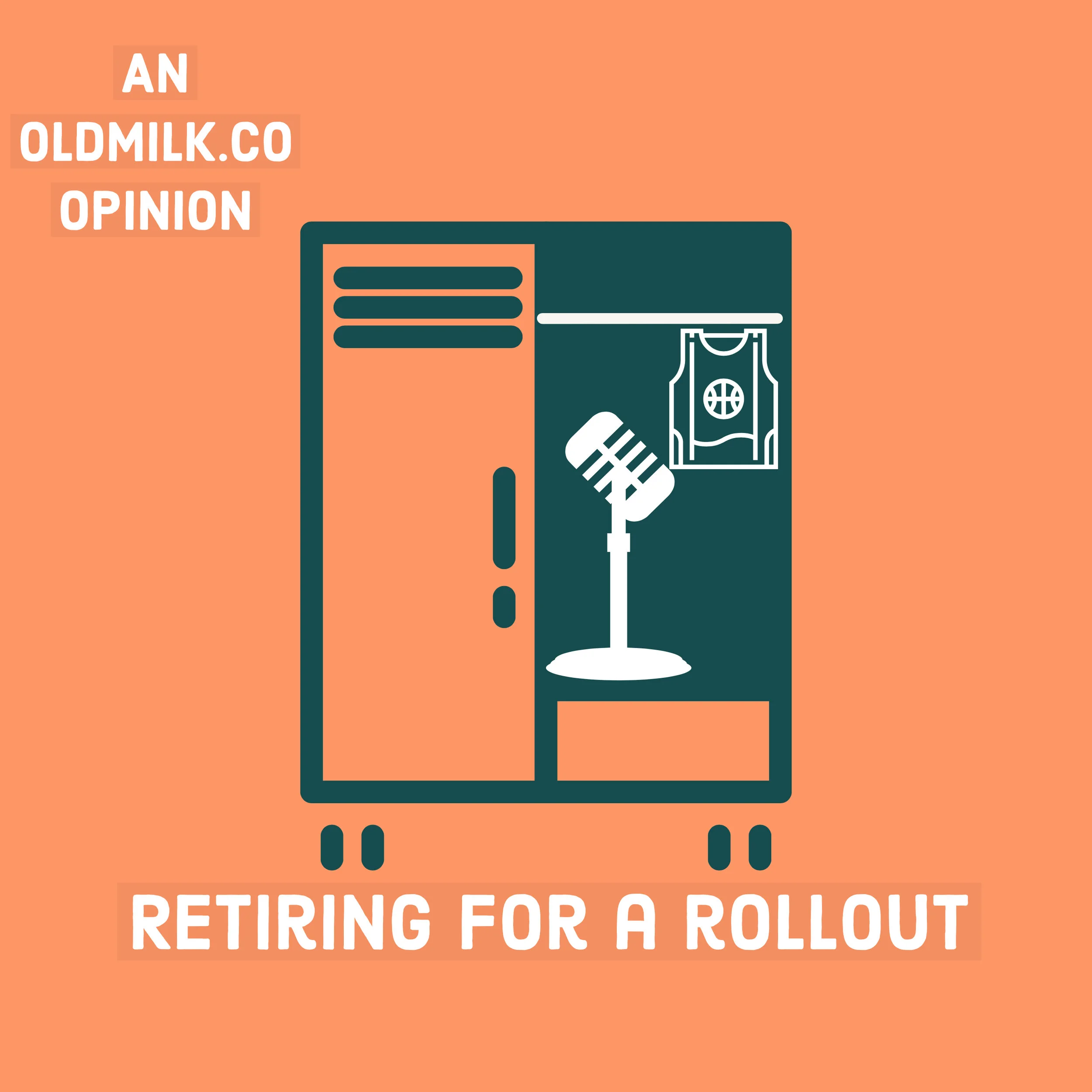Women Have Always Been Impactful in Hip-Hop
Women have always been impactful in Hip-Hop, whether they were fully credited for it or not. With Lauryn Hill, Missy Elliot and Lil’ Kim, we have been blessed with versatility. In a male-dominated genre, women have always had to work hard to prove their presence, but also prove that they are deserving to be in the position that they are in. With constant controversies and rap-beefs, female rappers find themselves consistently battling off assumptions about their rivalries with other female rappers, as well as assumptions about their personal lives.
Unfortunately, Hip-Hop happens to reflect the society we live in, sharing the same history of homophobia and misogyny found in many other aspects of human life. This is why it is refreshing to hear legends like Common say “we need more women's voices in Hip Hop” during his conversation with Flaco Grande on SiriusXM’s Shade 45. This opinion however simply not expressed often enough. This new generation of female rappers gets criticized by many within and outside the culture, suggesting that all they rap about is twerking and their pussy.
While most male rappers rap about females twerking, bottle-popping and blowing money, it is unjust to say that all male rappers are doing that. We know many examples like J. Cole, Kendrick Lamar, and Childish Gambino, that emulate rap beyond just the superficial. This applies to female rap as well, with rappers like Cardi B who rap about stripping to get money, because that was her life at one point. Although, Cardi does have songs that fall into the category of “shaking ass” and “stripping,” she also has songs like “Ring” or “Be Careful” that show another, more vulnerable side of her as a person. Society often overlooks that artists have layers, dynamics and can be a lot of different things, simultaneously. “Ring” and “Be Careful are both songs by Cardi that project her more emotional side. However, it didn’t get the same acclaim as many of her hit songs like “Bodak Yellow.” This continues to be a trend for many artists who deserve more recognition but don’t get it because it's not the watered-down party like content of sex, pussy, and drugs. So, if people want sex, pussy, and drugs, rappers are going to oblige.
A few weeks back Cardi B made a few Instagram posts out of frustration for the constant flack she gets for being unoriginal and creating the same content. This comment was directed towards Jermaine Dupri, where he suggested that female rappers are “strippers rapping” during his interview with People Magazine. Cardi’s response back to Dupri via Instagram video was, “When I did ‘Be Careful’ people was talking mad shit in the beginning like ‘What the fuck is this?’ ‘This is not what I was expecting.'”
So perhaps society molds artists into certain boxes with an expectation for them to stay there. We live in a generation that is accustomed to instant gratification and moving onto the next thing, so for artists to stay relevant, they have to work on demand. Some artists have to consider what gets them to the top of the charts and essentially gets them the most fame and money. This consumerism concept positions artists to create content that will sell, not always content that they’re passionate about. These intimate relationships between consumers and artists in today’s society, due to platforms like social media, have made a fan’s opinion more relevant than it ever has been. That has shifted the game entirely.
Positive opinions like ones of Common need to be circulated and are vital in creating safe spaces for diversity within rap. Common elaborated more by saying we need women “...In leadership positions... that to me translates to what we need in the world”, and bringing feminine energy into Hip-Hop “makes Hip-Hop more interesting”. What’s amazing about what Common said was he didn’t undermine these women’s accomplishments, he just celebrated them and highlighted their value. Women are necessary for occupying all areas of our society, to create healthy representation. When we speak about women, critiquing them unfairly just showcase misogyny more, and amplifies how much more needs to be done.
And people like Jermaine Dupri, who suggests female rappers today should have their own genre of rap about stripping, should consider the context and the analytics behind what’s in demand. And that perhaps its deeper than just Cardi B or City Girls rapping about their private parts, it’s about what people want to hear and what they want to see. Rap is still a perfect representation of society, men want to see asses twerking, and that’s what they’re getting. It’s nice that female rappers are trying to take that power back, celebrating their bodies, wearing whatever they want, saying what they feel like it, in hopes to empower themselves and other women. It’s about time.




